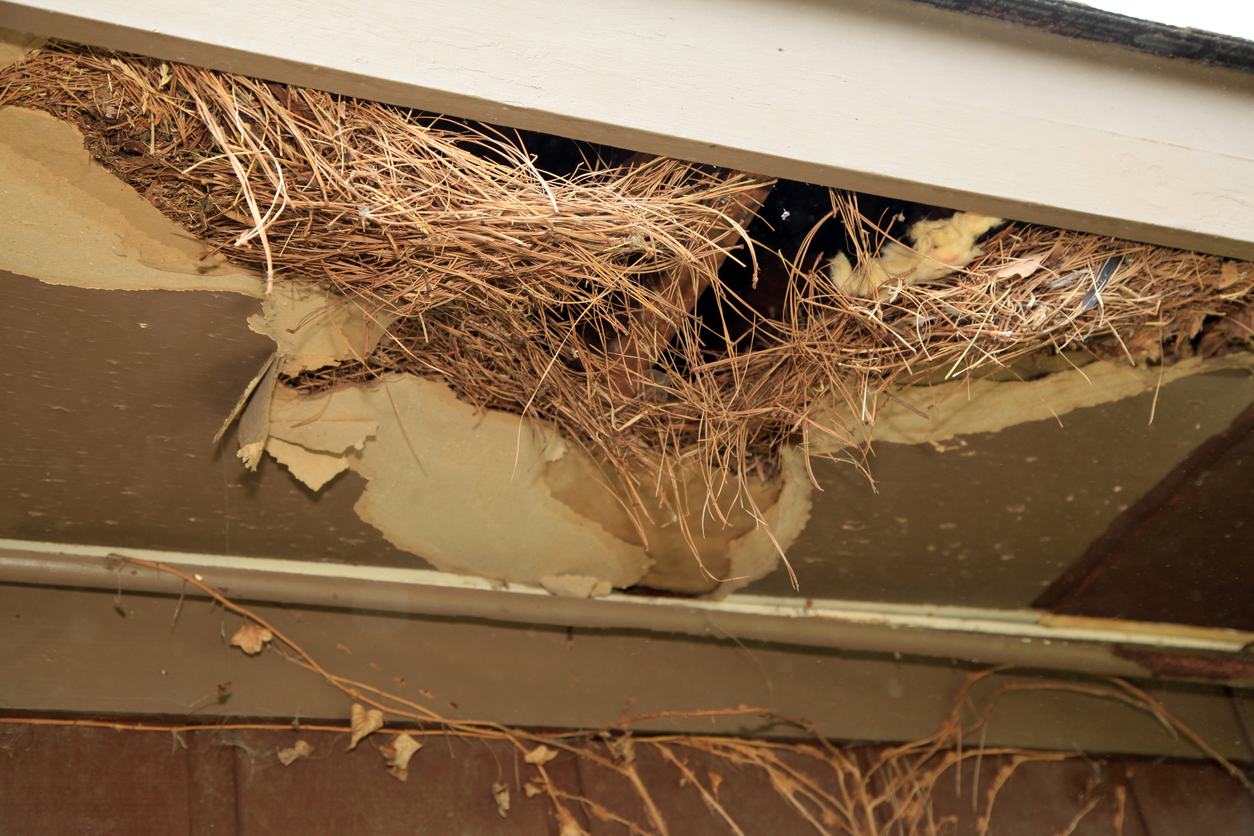A number of media outlets, including a news broadcast, reported on Mercury Insurance Company denying its Atlanta customers’ claims caused by squirrel damage because the policy it sells excludes damage caused by “rodents.” Mercury Insurance reasoned that since “squirrels” are “rodents” and damage caused by “rodents” are excluded from coverage, the squirrel damage is not covered.
Looking up the term “rodent” in three different dictionaries, a “squirrel” is a rodent. Under the Mercury insurance policy, the damage is not covered.
For my professional coverage friends, IRMI has an excellent article on the topic. It noted that the 2000 ISO HO 00 03 edition contains an exclusion for rodents:
‘Birds, vermin, rodents, or insects;’
The 2011 edition has the following broader exclusionary language:
g. Birds, rodents or insects;
h. Nesting or infestation, or discharge or release of waste products or secretions, by any animals;
The IRMI article1 noted that it is important to see if the squirrel damage may have resulted in an ensuing loss.
[I]f rodents nest in John’s attic, bringing food and other garbage with them, any coverage for that damage is excluded. However, if the squirrels chew through the electrical wires and a fire ensues, that loss is covered due to the ensuing loss provision.
Older insurance policies often did not include the term “rodent,” but only excluded loss caused by “vermin.” A Texas case2 shows how squirrel damage was covered under those older policies:
The Joneses sued…to recover under their homeowner’s policy for the damage caused by a squirrel when it got into their house. The trial court concluded as a matter of law that a squirrel is a ‘vermin’ as that term is used in the exclusionary clause of the policy. The pertinent language of the exclusion in question is as follows:
i. Loss caused by inherent vice, wear and tear, deterioration; rust, rot, mold or other fungi; dampness of atmosphere, extreme of temperature; contamination; vermin, termites, moths or other insects; (Emphasis supplied)
The word ‘vermin’ is not defined in the policy, and ‘vermin’ has no established meaning in the law of insurance. We must, therefore, determine whether the term has a readily ascertainable meaning in the plain ordinary sense of the word. Courts often turn to the dictionary to make this determination….
Webster’s New Collegiate Dictionary…defines ‘vermin’ as ‘small common harmful or objectional animals (as lice or fleas) that are difficult to control … birds and mammals that prey on game … an offensive person.’ The word is derived from, or related to, the Latin word, ‘vermis,’ for ‘worm.’
‘Squirrel’ is defined…as ‘any of small or medium-sized rodents … as … any of numerous new or old World arboreal forms having long bushy tails and strong hind legs.’ The Joneses maintain that ‘vermin’ is not a particular class of animals, such as rodents, to which squirrels belong….We conclude that the term does not have a simple, plain, and generally accepted meaning and that it is susceptible of more than one reasonable interpretation; therefore, we hold that the term is ambiguous…..
Because insurance policies are interpreted and construed liberally in favor of the insured and against the insurer, particularly when dealing with exceptions and words of limitation, we hold that the term ‘vermin’ does not include a squirrel and, thus, that the damage done to the Joneses’ home by a squirrel is not an excluded loss under the terms of the policy….
The bottom line is the majority of insurance policies do not cover most types of squirrel damage. There are hundreds of articles where those little creatures cause all types of expensive damage to structures, contents, and even vehicles.
Do not take the denial of a claim as being proper and ask an expert if the insurance company is correct. It often depends on the form of the insurance policy purchased and the exact facts of how the loss was caused.
Thought For The Day
The thought of eating rabbit and squirrels doesn’t appeal to me. And that was on our table quite often as a kid. In your uppity restaurants, they serve a lot of rabbit. But I just can’t help but think of Peter. And deer, I can’t go there, because of Bambi.
—Paula Deen
_______________________
1 https://www.irmi.com/online/prmi/ch010/1l10e000/bl002140.aspx (requires subscription to access).
2 Jones v. American Economy Ins. Co., 672 S.W. 2d 879 (Tex. App. 1984).




